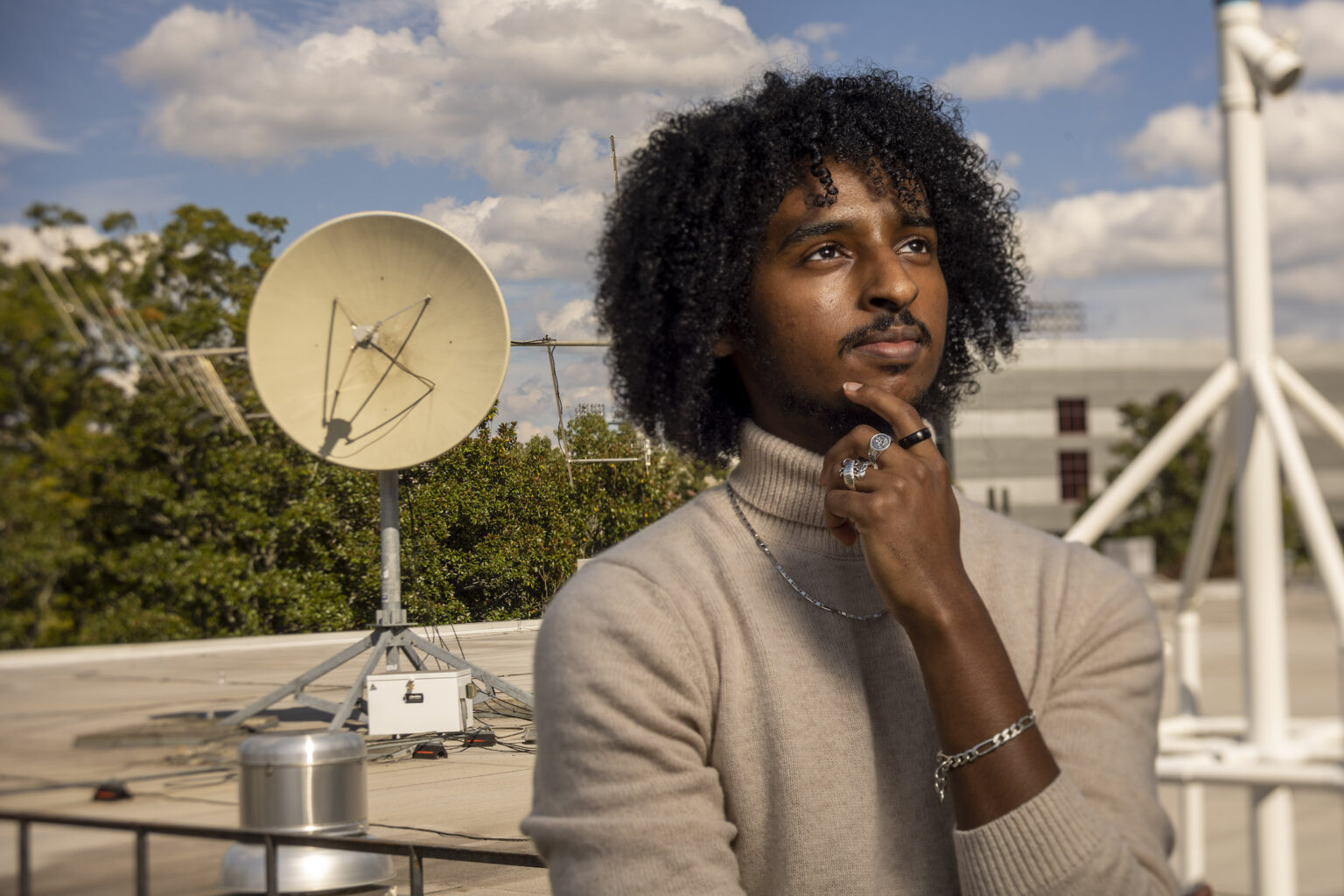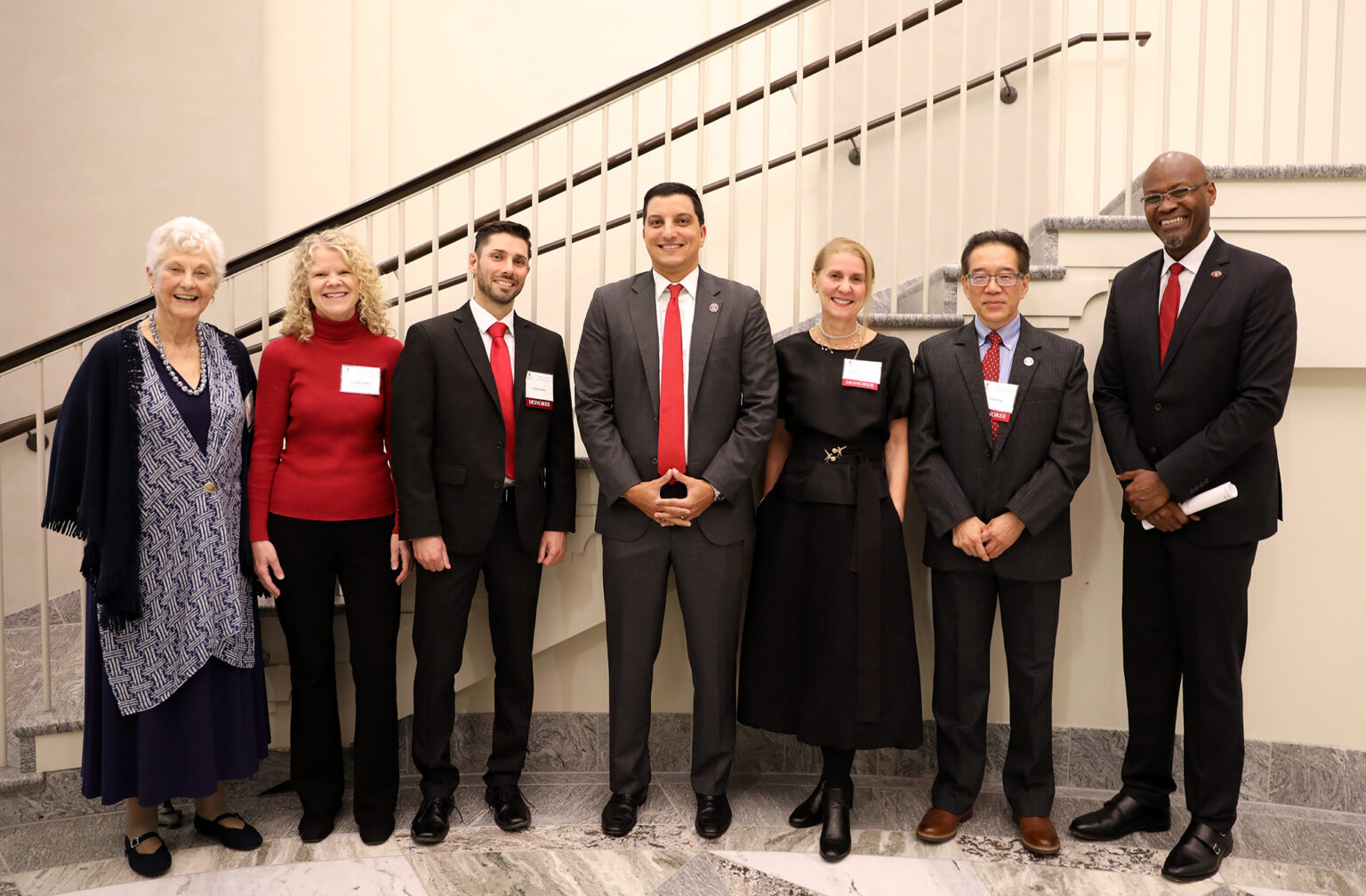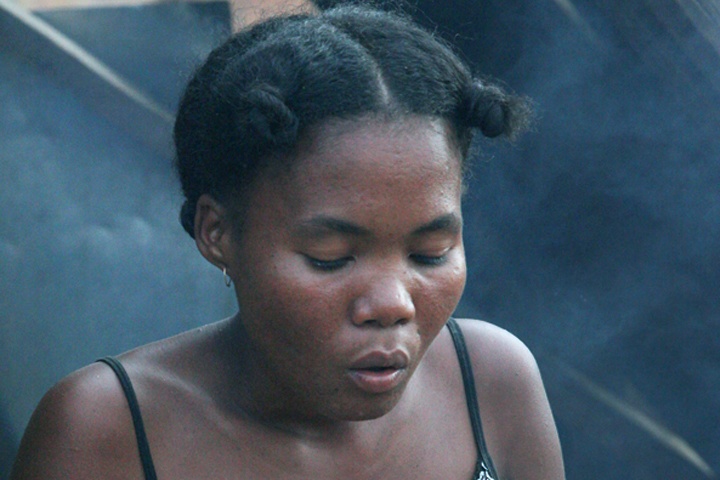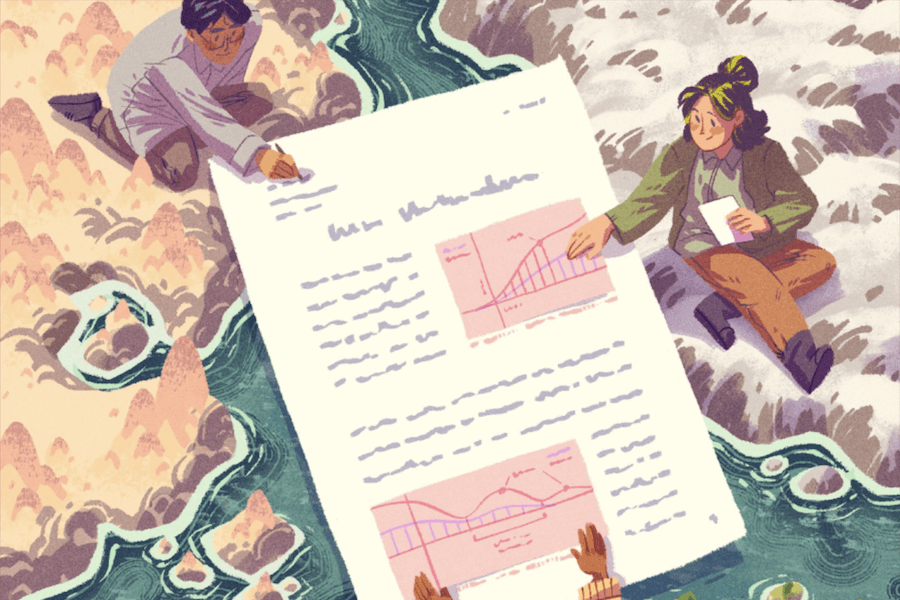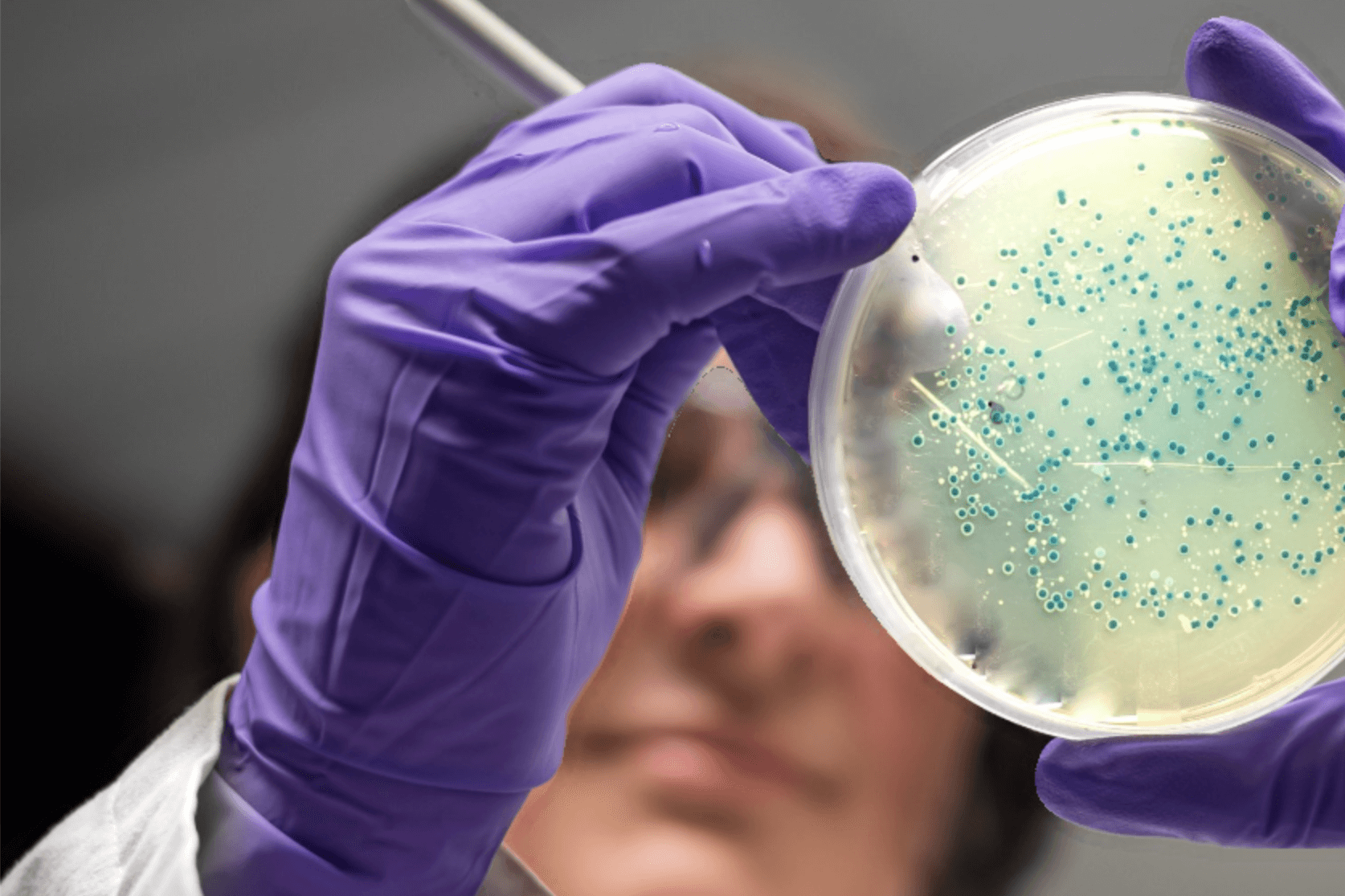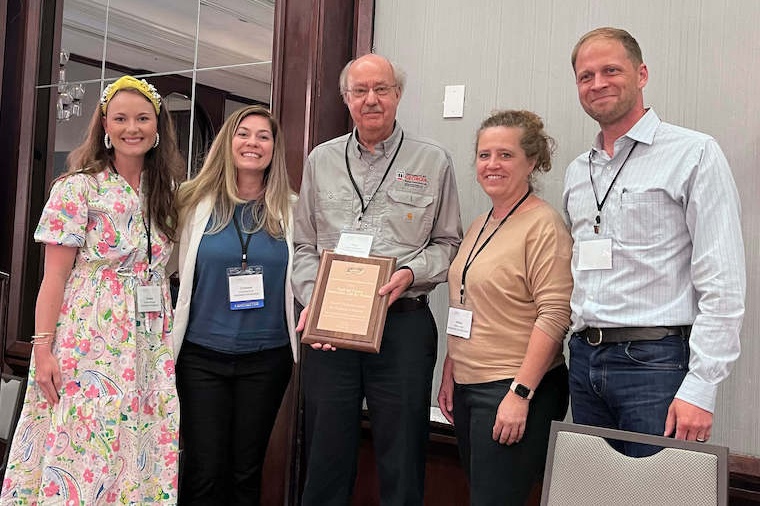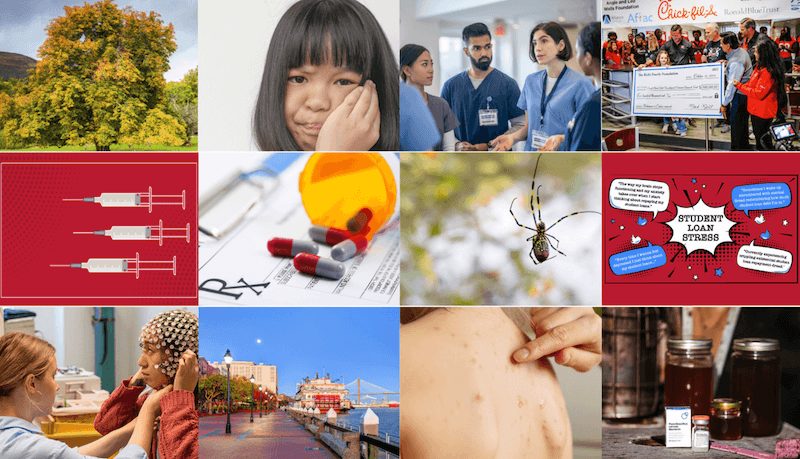 CAES News
CAES News
Top Stories
Reflecting on the year 2023, University of Georgia researchers contributed to groundbreaking advancement in vaccines and health care, to the rejuvenation of American chestnut trees, to surprising revelations about the shy nature of Joro spiders, and much more. Including work from the UGA College of Agricultural and Environmental Sciences, here are highlights of 12 of our most noteworthy research stories from this year.



